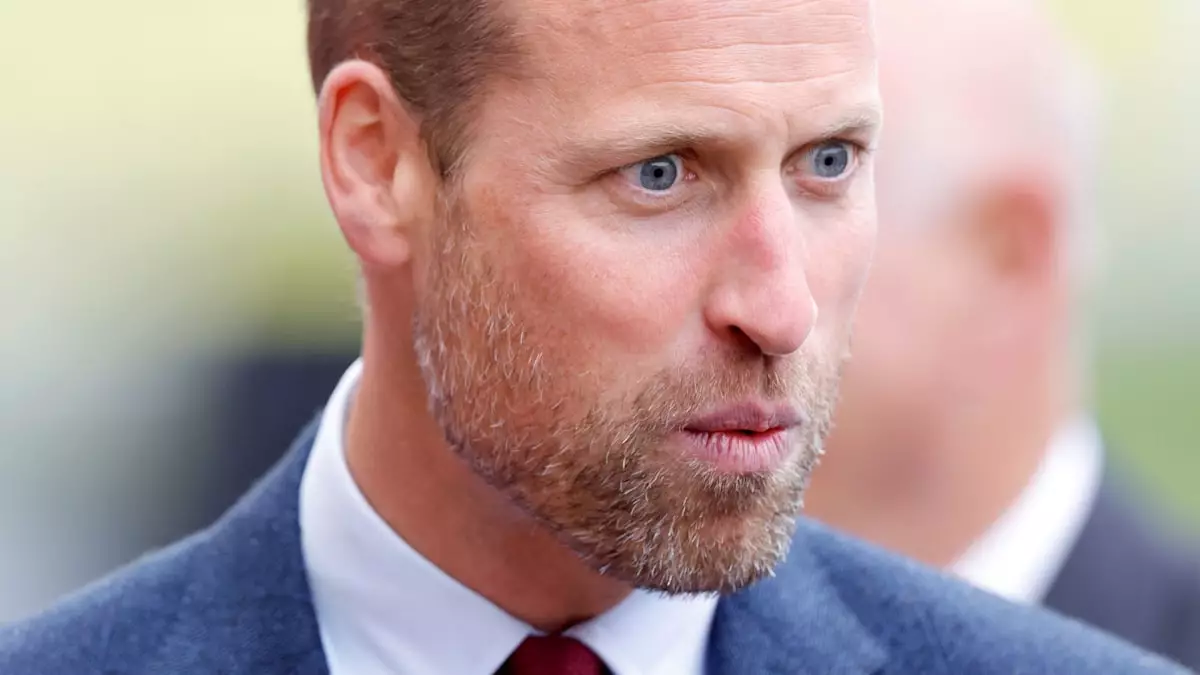In an age where celebrity influence permeates the realm of fashion and personal grooming, Prince William recently sparked a notable trend with his temporary embrace of facial hair. Initially met with mixed reactions, this pivotal moment has led to a surge in the consideration and application of beard transplants, demonstrating the power of celebrity in contemporary culture.
The Unconventional Summer Look
Prince William’s decision to sport a rugged, scruffy beard during his summer break set off a whirlwind of discussions around masculinity and grooming standards. While the royal family often embodies a polished image, William’s casual look resonated with many, capturing the interest of public and media alike. His daughter, Princess Charlotte’s reported dismay upon seeing her father’s unkempt appearance added a humorous twist to the narrative, juxtaposing familial affection against public perception.
The public’s embrace of this scruffy demeanor signals a broader paradigm shift in male grooming. It’s not just about adhering to the traditional, clean-cut image; rather, it’s about individual expression. Men are increasingly seeking ways to project a rugged persona. This inclination is evident through the skyrocketing demand for beard transplants, with clinics reporting a staggering 300% rise in inquiries since William’s new look made headlines.
Estenove, a prominent hair transplant clinic, has coined the surge in beard transplants the ‘Prince William Effect.’ Murat Alsac, the clinic’s co-founder, explains that men are visiting with photographs of the Duke of Cambridge, looking for similar transformative results. Unlike previous trends that may have drawn inspiration from the Duke’s brother, Prince Harry, the focal point has now shifted decisively towards William.
Beard transplants, although gaining traction, remain lesser-known than scalp hair transplants. The process typically involves harvesting hair follicles from a donor site, usually the back of the head, and implanting them into the designated beard area. A beard transplant can cost around £2,700 and generally lasts between three to five hours, depending on individual needs and the extent of growth desired.
The rising fascination with facial hair can be attributed to several psychological factors. For many men, the inability to grow a full beard can lead to feelings of inadequacy, prompting them to seek solutions. Genetic predispositions often dictate hair growth patterns, which may result in patchy or uneven facial hair. The increasing visibility of facial grooming in media further amplifies this sentiment; it is now closely linked to notions of virility and rugged individualism.
Mr. Alsac notes that issues regarding beard density and forms of hair loss are common among men, albeit less frequently discussed than traditional balding. The advent of beard transplants has provided a much-needed remedy for those seeking to attain a fuller look. Advancements in transplantation technology mean that men can now have a tailor-made facial hair experience, choosing the density, shape, and style that resonates with their individual tastes.
As men flock to clinics seeking to mimic the Duke’s newly found facial hairstyle, the long-term implications of this trend remain to be seen. The increasing popularity of beard transplants poses questions about evolving masculinity and societal norms surrounding male grooming. If William’s summer beard has influenced a cultural shift, then who’s to say what future trends may emerge in the world of men’s beauty standards?
In a world preoccupied with appearances, individuals often look to figures like Prince William for inspiration. Whether he intended to ignite a grooming revolution or not, one cannot help but wonder how he feels about being on the cutting edge of such a significant shift in male grooming. Ultimately, the phenomenon serves not only as a testament to the power of celebrity influence but also highlights the importance of embracing individuality in personal grooming choices.

